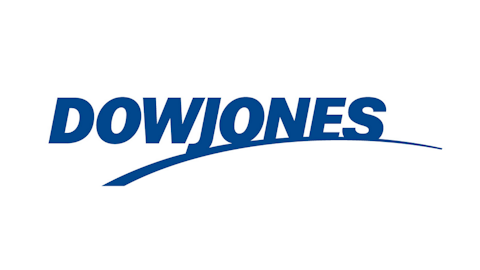Intel Corporation (NASDAQ:INTC) has been struggling to keep pace with other semiconductor rivals in the market, a market which is increasingly becoming mobile. The tech giant, which is a dominant force in the PC industry with its chip making business, has seen a large chunk of the market slip to rivals. The likes of QUALCOMM, Inc. (NASDAQ:QCOM), Samsung Electronics and Texas Instruments, among others have taken full advantage of mobile migration. The tablets and smartphones have largely cannibalized the progress of PC industry, so much so that media pundits are predicting its obsolescence.

Intel has expressed interest in venturing in the lucrative mobile devices industry, which critics fear could yet be another bubble waiting to burst, and hence, shuttering the late entrant’s dreams. But Intel is not letting go of the backbone of its business, the PC industry. Instead, it has invested heavily in Research & Development to try and explore new technological frontiers that could bring the company back to its glory days.
Intel’s strategist and product manager, Barry Solomon, calls it “Perceptual Computing,” A technology hyped to be the turning point of the PC industry. His full description makes it sound like the next big thing in the PC industry.
Barry Solomon
“We’re not trying to replace anything. We’re just trying to augment existing modes of interaction. We’re adding senses to the computer’s brain so it can perceive its surroundings, [identify] who’s interacting with it, and make those interactions more intuitive. We want to go beyond simply delivering technology. The tech world has morphed into delivering experiences.“
So “augmenting” is the word—Intel is trying to gather the interactive capabilities of smartphones, tablets, and recent developments in the PC industry to come up with a complete package. The results would enable the user to apply all the modes of interaction concurrently, or one after the other on a laptop computer.
Technology reviews note that with perceptual computing, Intel envisions a new kind of interface for devices that will let users switch fluently between keyboards, trackpads, touch screens, voice commands, and gestures—or use several modes of interaction at once. The report also notes that perceptual computing is a little different from Microsoft Corporation (NASDAQ:MSFT)’s Kinect. Perceptual computing is comparable to Cloud computing; it is an open-ended vision for what computers should be able to do.
The chip maker is working with Nuance Communications Inc. (NASDAQ:NUAN) for audio capability. Nuance is the brain child behind Apple’s Siri, and the company is working with Creative Technology Ltd. (USA) (ADR) (PINK:CREAF) for the supply of 3D camera at an estimated unit cost of $150, which is supposed to be mounted on a laptop computer for gestural interactions.





